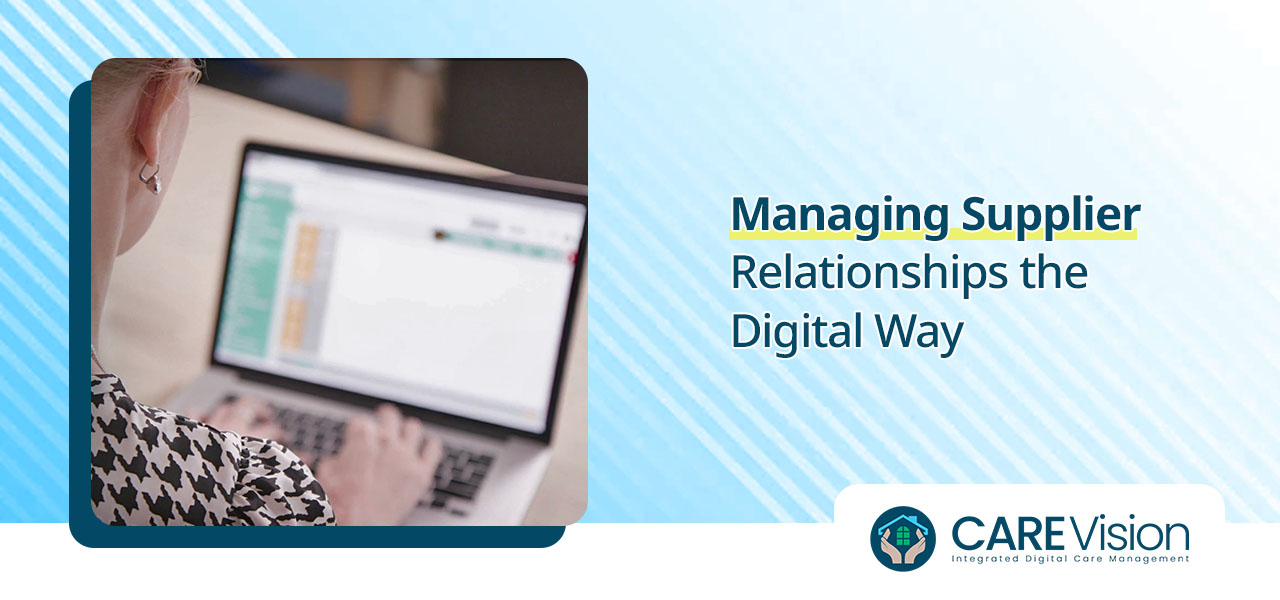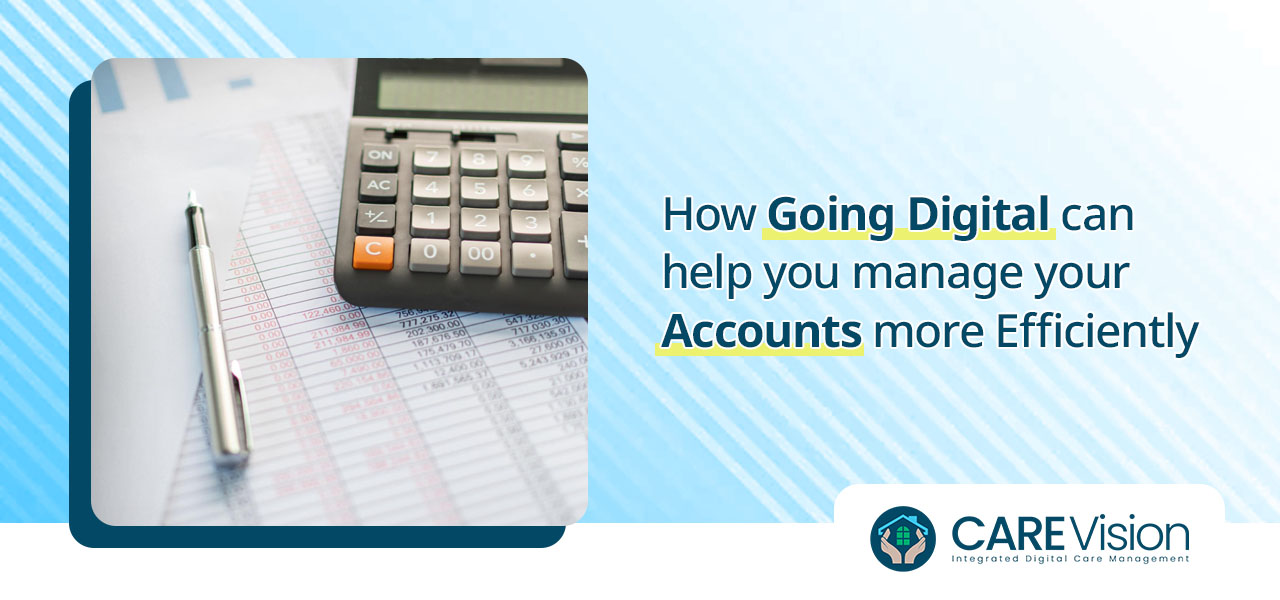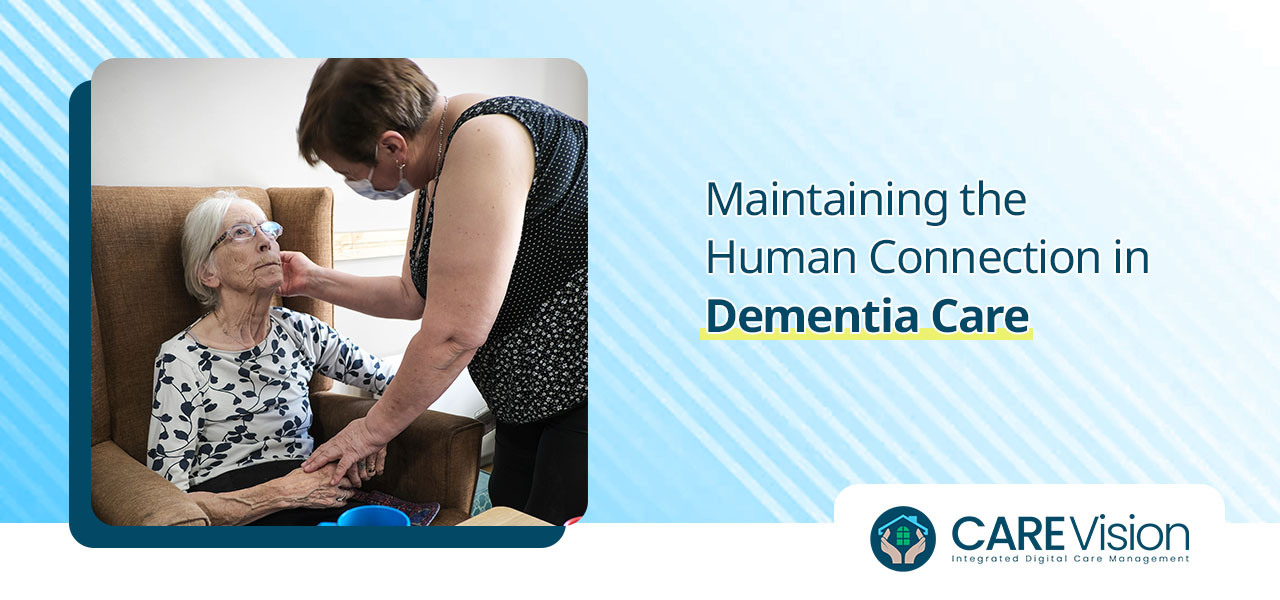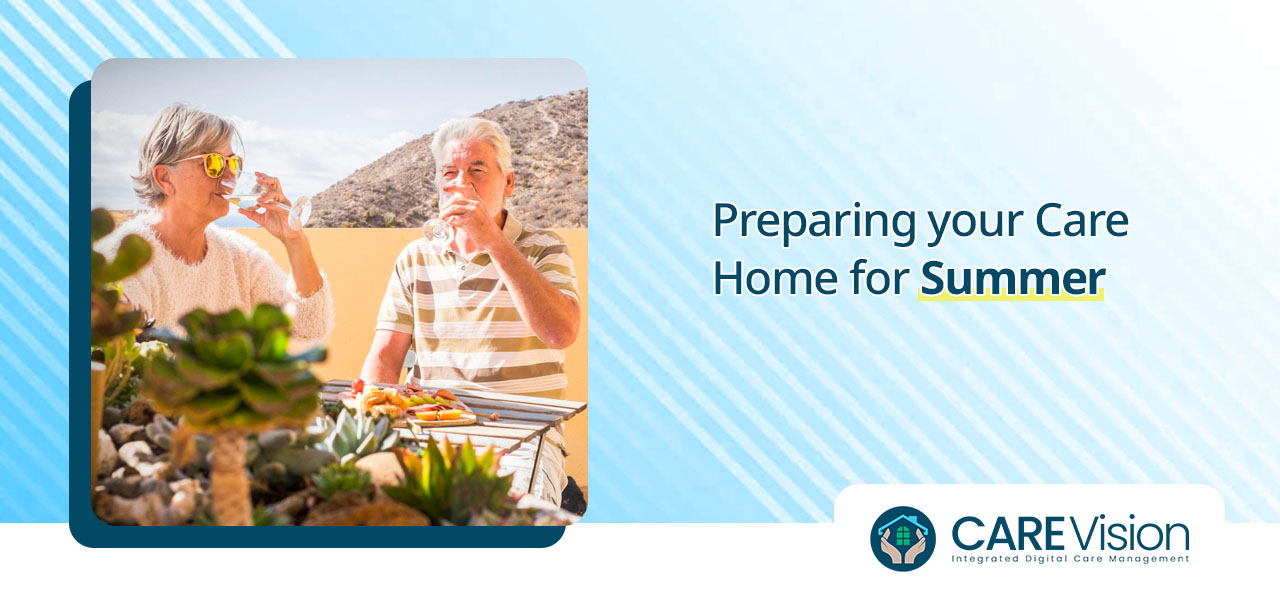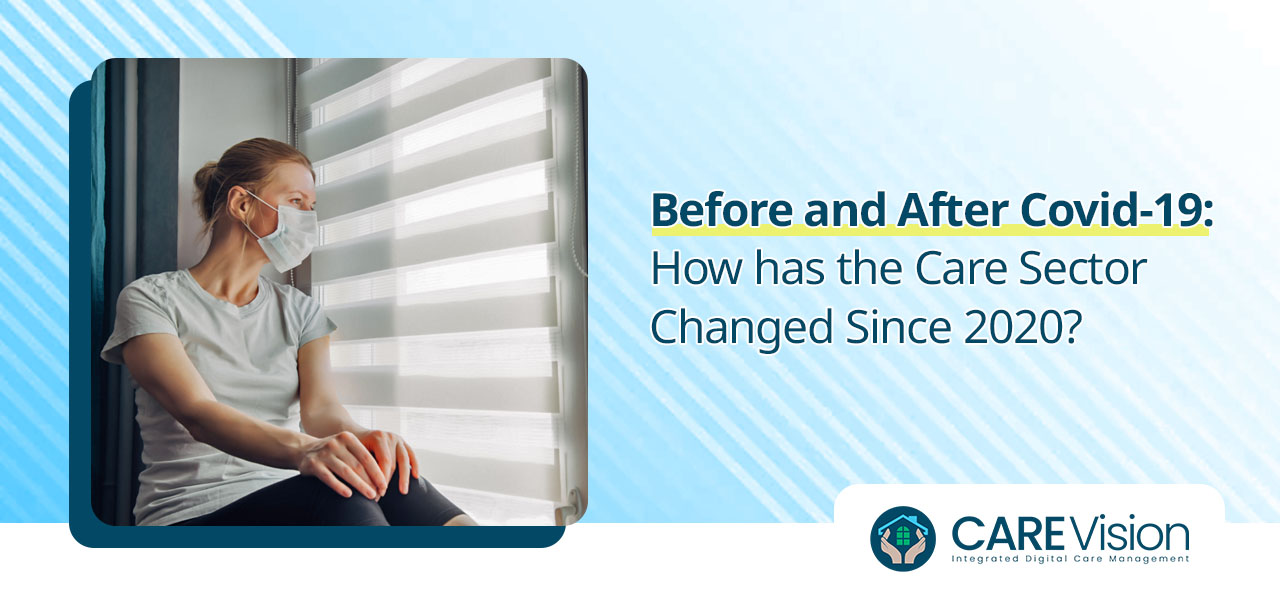A common area of concern when it comes to looking after vulnerable care home residents is diet, nutrition and hydration. Issues around intolerances, allergies and simple dislikes can prove highly troublesome if not carefully controlled. Then, there are often additional considerations to be taken into account around cultural requirements, clashes with medication and people’s differing abilities to swallow, chew and digest more complex foodstuffs.
The best way to manage this is to set up an individual plan for each resident and keep it updated to ensure they are kept safe and can receive the required fluids and food to live comfortably and remain properly fed and hydrated. Switching from paper-based records to a digital care management system can help clarify this vital task and speed up the processes to ensure timely, accurate updates.
Here are some more ways you can manage your residents’ food, allergies, hydration and nutrition digitally.
Personal records
Each resident should have their own set of digital personal records that contain everything that staff need to care for them and keep them happy and safe. This must include key food and drink issues, such as allergies, intolerances, medical needs and other points of note.
For example, people living with dementia may well have additional issues around food, such as chewing, swallowing or refusing to eat or drink. Other conditions that can be affected by how well food and drink are managed are diabetes, coeliac disease, anorexia, heart disease and stroke.
Fluid intake monitoring
Another tool on the dashboard of digital care management systems such as Care Vision helps carers to monitor a person’s fluid intake to make sure that they are taking in enough liquid and are not at risk of becoming dehydrated. Dehydration can lead to confusion, UTIs and other concerning symptoms and conditions. By inputting how much a person drinks over the course of a day, staff can spot any worrying changes earlier and act quicker to help put things right.
From water, squash and drinks taken with meals to the early morning and mid-afternoon cups of tea, all fluids can be recorded and totted up to check that the person is drinking enough to stay hydrated.
Weight management tool
Another useful digital tool is the weight management function. This helps carers track changes to residents’ weight, so that anything unusual can be linked to, for example, new medications, periods of short-term illness, mood swings or altered diets. Sudden weight loss can be a symptom of more serious medical conditions too, so this tool helps with early diagnosis and ongoing management, should this be deemed necessary.
What’s more, the ability to record residents’ data around their weight and cross-reference it with food intake, medications and general state of health can help with staff training and wider healthcare planning.
Meal planning
Many care homes that have a digital care management system installed take full advantage of the meal planning tools. The sophisticated software can calculate nutritional values, assess proposed meals for any potential allergens or other issues and pull together ingredients lists and procurement orders.
It can also link meal plans to residents’ allergy records, cultural and dietary needs and ensure that everything that is served can be consumed safely and enjoyed by the residents. Finally, internet connectivity means that chefs can look up information online around special foods served at for religious occasions, for example, or that cone from certain countries, communities or cuisines when planning specially themed lunches and dinners.
eMAR
A vital element to any digital care management system is the electronic medication reporting and updating tool. Carers input all medications taken in real-time, as well as associated details around dosage changes, side-effects, allergic reactions and more. This is essential information when it comes to planning food and nutrition needs. Some medications must be taken with food or fluid, for example, while others require the person to wait until between meals for an emptier stomach. Other medicines cannot be combined with certain foods or beverages, especially items containing caffeine or alcohol. Having all of this information available in one place, 24/7 and sharable between all staff who need it is incredibly helpful and could well be, quite literally, life-saving in certain situations.

